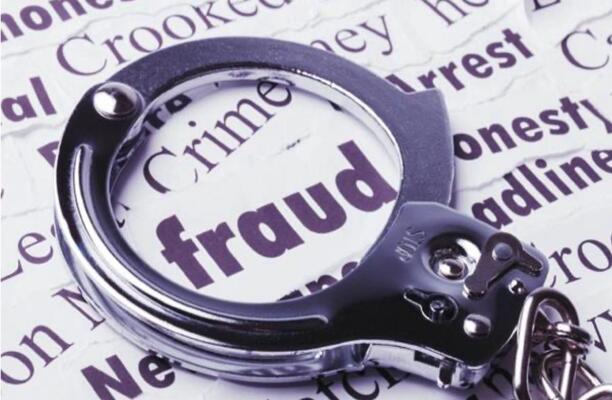By Sunkanmi Adewunmi
For years, Nigeria has faced a troubling paradox: a nation rich in culture and entrepreneurship, yet widely stereotyped as a hub for internet fraud. Nigerian passports often draw suspicion, and headlines link the country to scams like 419 fraud, romance cons, and corporate email hacks. These associations have deeply harmed Nigeria’s global image. This article explores key scam types and their impact on the nation’s economy, diplomacy, and social standing.
Nigeria-Linked Internet Scams
- Advance-Fee (419) Fraud: Often dubbed the “Nigerian prince” scam, 419 fraud involves emails promising large sums in exchange for upfront fees. Though mocked online, these scams persist. In 2019, the FBI indicted 80 people in a $46 million case—77 were Nigerian nationals. Named after Nigeria’s penal code, 419 scams remain closely tied to the country’s image.
- Romance/Dating Scams: Fraudsters known as “Yahoo Boys” often lure victims—typically older adults—into fake online relationships, then exploit them emotionally and financially. In one 2025 case, a Nigerian in Boston stole over $2.5 million from six victims. In 2022 alone, Americans lost $1.3 billion to romance scams, many linked to Nigerian syndicates.
- Business Email Compromise (BEC): BEC scams—where criminals impersonate executives to steal funds—are the most financially damaging, costing businesses over $5.3 billion from 2013–2016, per CrowdStrike. Though global, they’re often branded “Nigerian,” reinforcing harmful stereotypes.
Other internet frauds such as tech-support cons, phishing and investment Ponzi schemes have also involved Nigerians, but 419 fraud, romance scams and BEC are the most notorious.
Economic and Business Impacts
Fraud-related stigma carries real economic costs for Nigeria. A recent study estimates annual losses of $2.1 billion due to bias in investment, visas, and compliance. Nigerian firms face higher fees, and startups raise 34% less capital than peers in Ghana or Kenya. Even regulators apply pressure—Nigeria was grey-listed by FATF in 2024, despite meeting most standards. As one underwriter put it, “reputation risk has become its own economic force.”
Domestically, economic hardship fuels the cycle. Youth unemployment, inequality, and corruption push some toward cybercrime. One scammer told journalists he turned to romance fraud because it was “an easy way to get rich.” Experts agree: enforcement must be paired with education and development reforms.

Diplomatic and Social Consequences
Internationally, the “Nigerian scam” label has hurt Nigeria’s image—damaging soft power, tourism, and diplomacy. A presidential spokesman called it “a big scar” on honest Nigerians, many of whom face visa scrutiny and profiling. Travel advisories citing cybercrime deter tourism and student exchange.
Despite ranking 6th in global cybercrime (behind the U.S. and Romania) per the Oxford Internet Institute, the “Yahoo Boys” and “Nigerian prince” stereotypes persist, unfairly impacting diaspora Nigerians and cultural relations even within Africa.
Real Cases and Statistics
Nigerians have been tied to major fraud cases, including Hushpuppi’s $350M cybercrime arrest and a $2.5M romance scam in Boston. Romance scams cost Americans over $1.3B in 2022, while Nigerian-linked BEC fraud caused $5.3B in global losses. Still, only 7.9% of advance-fee scams trace to Nigeria—far less than the 71% from the U.S. The stigma remains costly: Nigeria loses $2.1B yearly from reduced investment, stricter banking rules, and airline compliance issues.
Rebuilding Nigeria’s Reputation: Recommendations
- Toughen Enforcement Transparently: Nigeria must keep prosecuting fraudsters and publicize results. In 2024, the EFCC secured hundreds of convictions—sharing such wins, including action against corrupt officials, helps rebuild trust.
- Address Root Causes: Scams thrive on poverty, unemployment, and corruption. Investing in education, tech jobs, anti-graft reforms, and digital literacy can reduce the appeal of online fraud.
- Educate Foreign Audiences: Public campaigns can remind the world that fraud is a global issue. For example, some FBI reports show many advance-fee emails originate outside Nigeria, challenging the dominant stereotype.
Nigeria’s global image has been tarnished by internet fraud—from 419 scams to romance cons and corporate hacks—hurting its economy, diplomacy, and social trust. But by tackling the problem at home and reshaping the narrative abroad, Nigeria can rebuild its reputation as a nation of innovation, not internet scams.








